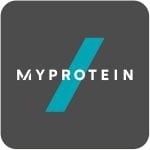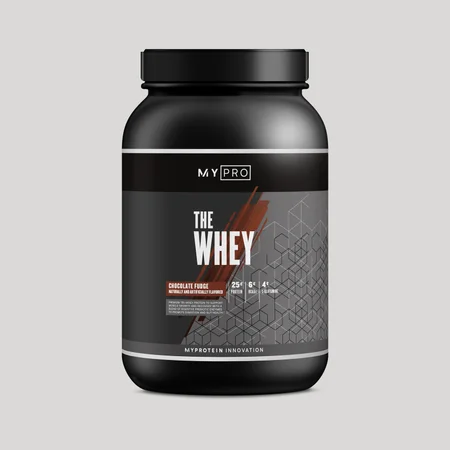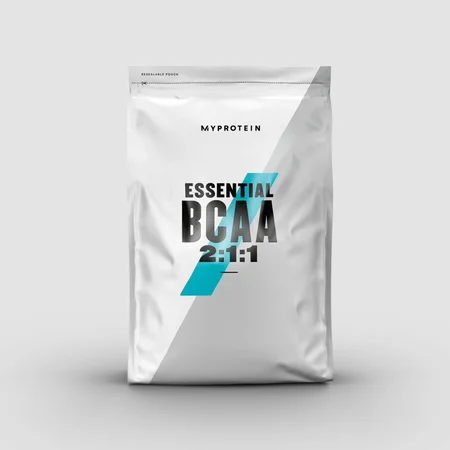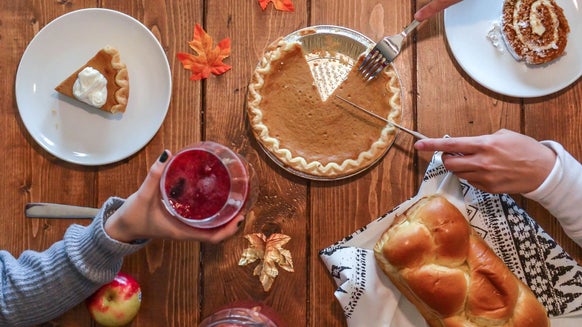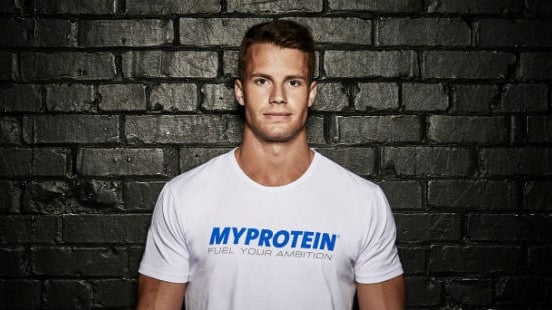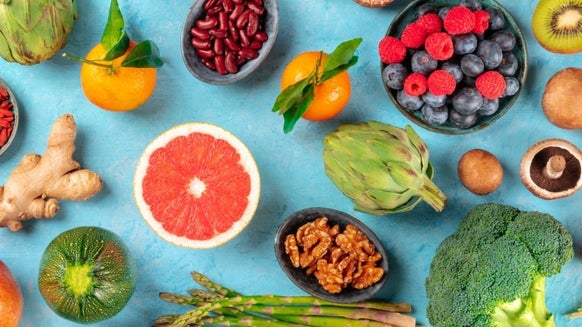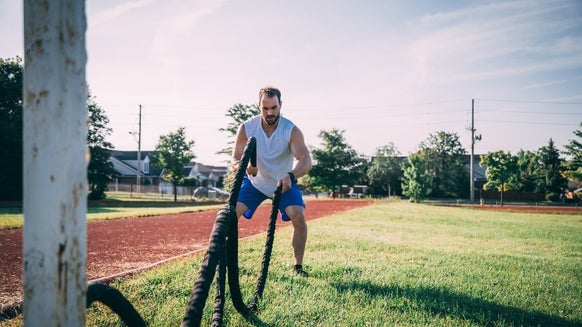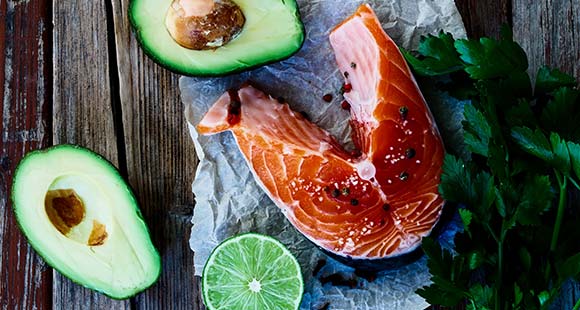
Carbohydrates are always thought as bad food. The main importance of carbs is to refill the glycogen stores and give the body the energy required for functioning properly - the body uses carbohydrates as the first fuel type.
The big issue is that the majority of people eat a lot of carbs and usually they cross the upper limit allotted to them - that is, the specific amount that they should eat to stay healthy and gain health benefits from carbs. The lack of knowledge about carbs being stored as fat and only good for bulking cycles has given them a bad reputation among gym goers and athletes.

The idea of a low-carb diet focuses on reduction of carbohydrates to a bare minimum level for getting lean and losing fat. The whole idea of a low-carb diet is to consume as fewer carbohydrates as you can and intake more fats and proteins.
What Not To Eat On A Low-Carb Diet
In a low-carb diet, the maximum carbohydrates consumed should be in the range of 50-150 grams daily. There are a variety of carbohydrates sources that would help to achieve the set target. These are mainly vegetables and fruits - but not all fruits and vegetables are the same. That’s why it is always advisable to read the labels and measure the portion size to be eaten to meet your goals. It’s always said that diet is a major aspect of bodybuilding.
Foods To Eat On A Low-Carb Diet

Kale: Kale is a vegetable and has lots of essential nutrients. It can be included in your low-carb diet as a 100g serving has 4.6g of protein and only 9g of carbohydrates. Broccoli: Broccoli is an awesome food. It packs a large number of nutrients and a 100g serving has 2.8g of protein and only 7g of carbs. Spinach: Spinach is a green leafy vegetable and has a great nutritional value. 100g of spinach packs around 3g of protein and only 3.6g of carbs. Avocado: Avocado is a rich source of essential fatty acids. It packs around 20g of fats and 9g of carbs along with 2g of protein per 100g. Asparagus: 100g of asparagus serving has 0.1g of fat and 3.9g of carbs and 2.2g of protein. Watermelon: 100g of this fruit serving just have 8g carbohydrates and only 30 calories. This fruit is important because it keeps the body hydrated, although watermelon is a sugary fruit, so should be consumed occasionally.
Do read the labels and see if the certain product fits in your personal diet or not. One more thing to be noted is to make sure the diet does has all the essential vitamins and minerals in it.
Foods Not To Eat On A Low-Carb Diet

Yams and potatoes: Yams and potatoes are a great carb sources but they are seriously a no-no for low-carb. 100g of yams contain 28g of carbs and 1.5g of protein, whereas 100g of potatoes have 17g of carbohydrates. Beans: Beans are extremely nutritious food but they seriously don’t fit into a low-carb diet plan. 100g of beans have a whopping 68g of carbohydrates and 20g of protein. There is no scope to introduce them into a low-carb diet. Banana: 100g of banana contain 23g of carbohydrates. A single banana might ruin the whole diet concept. Pasta: Pasta is a great source of complex carbohydrates but it’s not suitable for a low-carb diet plan. 100g of pasta contains 25g of carbs. Oats: Oats are a great breakfast food although 100g of oats provides 66g of complex carbs therefore not in the scope of a low-carb diet. Breakfast Cereals: The majority of breakfast cereals contain more than 50g of carbohydrates per 100g serving. Cranberries (Dried, Sweetened): Cranberries are a rich source of anti-oxidants. 100g of cranberry fruit contains 11g of carbs but the dried and sweetened version contains 85g of carbs and 65g of simple sugars per 100g serving. Brown Bread and Wholegrain Cereals: Say a big no no to brown bread .100 grams of serving contain 54 grams of carbs and only 2 slices count to the 100 grams. Tropical Fruit: Fruits may sound tempting. Mangoes, pineapples contain lots of simple sugars and have a great amount of carbs also.
Food For Thought: Sugars

Let's talk about products that have an additional entry on the label called “Sugars”. Taking product A, which has 5g of carbs in its 100g serving and 10g of sugar also.
For most of us, we would just see the carbs in the product and would eat it, but here’s the biggest catch. Sugar is a simple carbohydrate that dissolves into the blood very fast and fills the glycogen stores. If taken in excess, it is stored in the body. That’s why it’s always advised not to eat processed foods as well for the very same reason.
